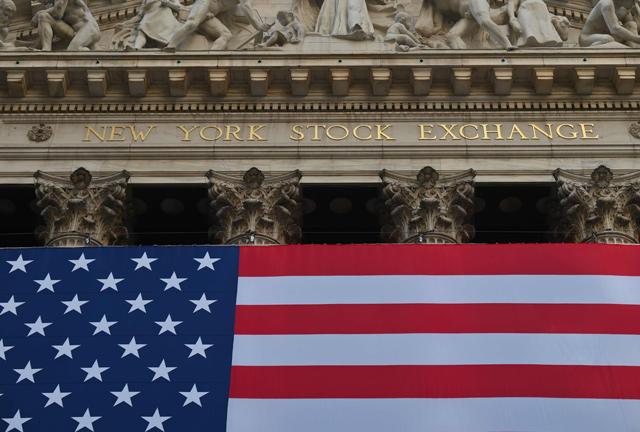- Mix
- Tue-2020-11-24 | 03:40 pm

Most global equities indices rose on Monday following fresh COVID vaccine results, while investors also digested glum economic data that could herald another virus-driven downturn, dealers said.
British drugs group AstraZeneca and the University of Oxford said their jointly-developed vaccine has shown an average 70 per cent effectiveness in trials involving 23,000 people.
The results ranged between 62 and 90 per cent efficacy depending on the vaccine dosage.
The announcement came after other trials of drugs developed by Pfizer/BioNTech and Moderna announced effectiveness above 90 per cent.
In afternoon London trading, the benchmark FTSE 100 index was down by 0.3 per cent, while AstraZeneca's share price had given up 2.7 per cent to £80.80.
In the eurozone, market indices in Frankfurt and Paris had each added about 0.3 per cent.
"The biggest benefits will be saved for tourism and hospitality," Oanda analyst Craig Erlam forecast.
Meanwhile, the British pound rebounded on reports that Brussels and London were set to unveil a long-awaited post-Brexit trade deal.
"The results of AstraZeneca and Oxford University's COVID-19 vaccine trial result failed to trigger a major rally in equities with the 70 per cent efficacy result perhaps disappointing in comparison to the results from Pfizer and Moderna," said AJ Bell analyst Russ Mould.
"In relative terms one can understand why AstraZeneca's result only triggered a shrug of the shoulders from investors."
Monday's news came after Pfizer and its German partner BioNTech applied for emergency use authorisation for their drug, which could be rolled out next month.
Moderna is expected to make its own application soon.
The need for an inoculation has been underscored by soaring infection and death rates in the US and elsewhere as the northern hemisphere heads into winter, when viruses usually spread more.
Some US states have started imposing new restrictions, while European countries including England and France have returned to lockdowns.
Europe's equity gains were dented also by a key survey showing that economic activity plunged in November on fresh lockdowns aimed at curbing the second wave of coronavirus — indicating a quick return to recession.
-
 Will Trump end up like Kennedy?2026-02-03
Will Trump end up like Kennedy?2026-02-03








